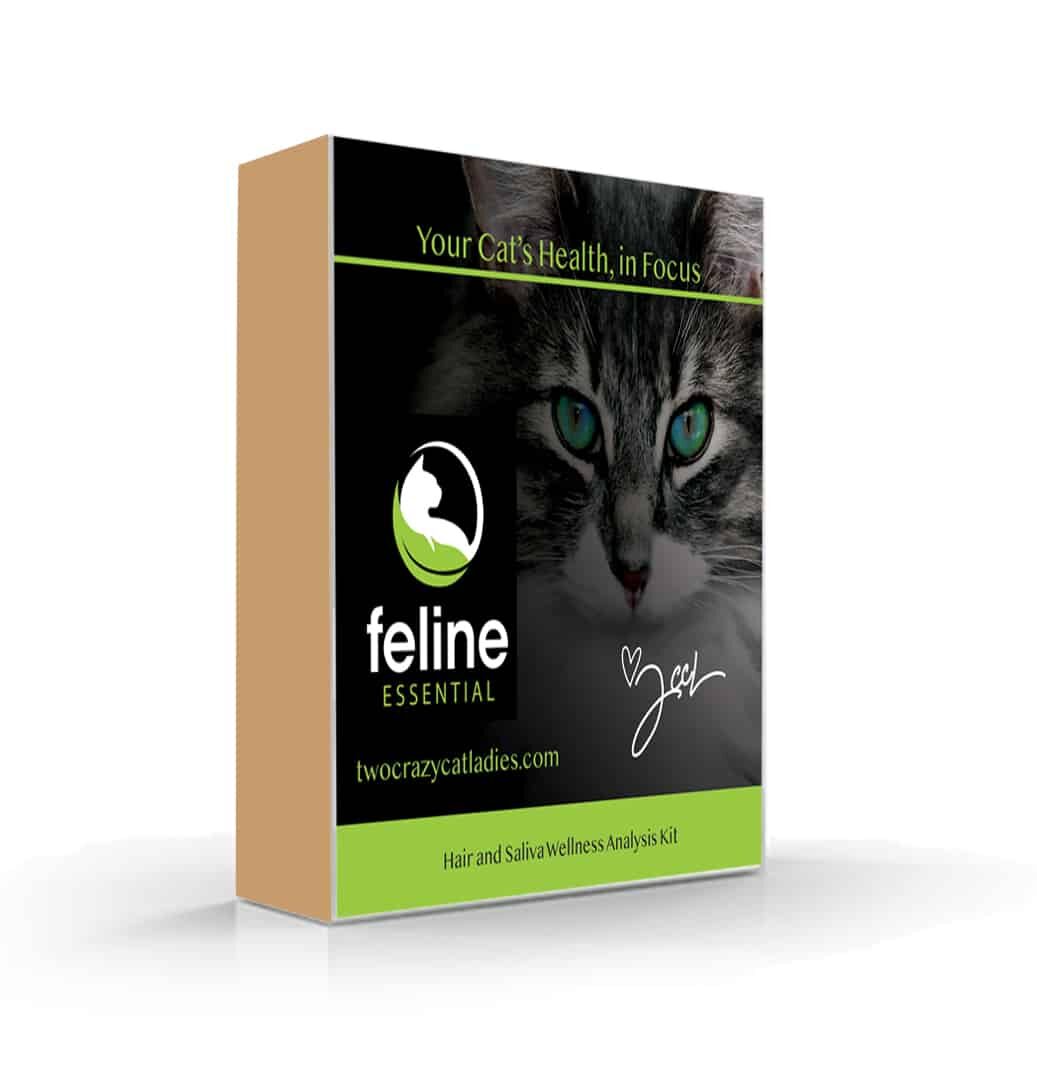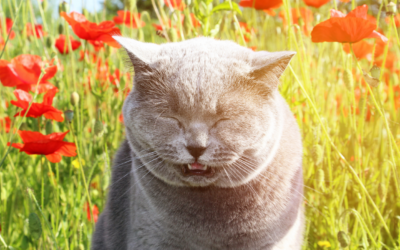Symptoms, Causes & Natural Remedies
Cats are amazing companions that bring so much love and joy to many households. But like humans, they can also experience allergies that can affect their overall health and wellbeing. There are two types of allergies for cats: food allergies or environmental allergies. Identifying the type of allergy your cat is suffering from is the first step towards finding relief. In this guide, we’ll discuss the symptoms, causes, and natural treatments for both types of allergies.
Part 1: Food Allergies in Cats
Food allergies occur when the cat’s immune system reacts to a particular protein or ingredient in their diet. The most common allergens in cat food are beef, chicken, fish, and dairy products. Here are some common symptoms of food allergies in cats:
Symptoms:
- Itching, scratching, and biting their skin
- Redness, swelling, and hair loss
- Vomiting and diarrhea
- Chronic ear infections
- Respiratory issues
Causes:
- Poor quality or low-grade cat food
- Feeding your cat the same type of food for an extended period of time
- Preservatives, additives, and artificial coloring in cat food
- Genetic predisposition
Natural Treatments for Food Allergies in Cats:
- Switch to a high-quality diet that is void of preservatives, additives & fillers
- Feed your cat a fresh, homemade diet with the guidance of a nutritionist
- Try feeding your cat novel (new/different) proteins that they have not had before, such as rabbit, venison, or duck
- Add probiotics and digestive enzymes to their food to improve their gut health and immunity
Part 2: Environmental Allergies in Cats
Environmental allergies in cats are caused by exposure to various allergens – such as pollen, dust, and mold spores. Here are some common symptoms of environmental allergies in cats:
Symptoms:
- Itching, scratching, and biting their skin
- Sneezing and coughing
- Watery eyes and runny nose
- Respiratory issues
- Ear infections
Causes:
- Pollen and other seasonal allergens
- Dust mites and mold spores
- Cigarette smoke
- Air fresheners
- Household cleaners
- Flea bites
Natural Treatments for Environmental Allergies in Cats
- Keep your home as free of dust and mold as possible using nontoxic cleaning agents
- Use an air purifier to remove allergens from the air
- Eliminate household triggers like candles, aerosol sprays, plug-ins and chemical cleaners
- Use natural flea prevention methods rather than chemical flea medications
- Supplement your cat’s diet with omega-3 fatty acids and antioxidants, like vitamin C, to improve their skin and coat health while boost their immunity
1. Evaluate your pet’s diet
2. Supplement essential fatty acids (EFA) and lauric acid
3. Minimize indoor allergens
4. Give natural antihistamines
5. Consider a desensitization protocol
Dr. Chris Bessent’s Allergy Support Recommendations:
Product: GLIMMER
“A Natural Source of Omega 3 & 6 for Dogs & Cats
Rich in omega-fatty-acids like EPA, DHA, & GLA, Glimmer can support skin & coat health by helping to maintain the skin’s normal moisture content.
Using a different approach to skin & coat health, Glimmer features clean sources of Omegas as well as skin & coat-supporting herbs to lend a helping hand to cats with dry, itchy skin.
Use Glimmer for:
- Dandruff or Dry Skin
- A Soft & Shiny Coat
- An Omega 3 Source
- Allergy Season
- Seasonal Shedding
*Combine with the itch assist, Herbsmith Clear AllerQi, & the detoxifier, Milk Thistle, for complete allergy support.”
Conclusion:
Allergies in cats can be debilitating and frustrating for both the cat and their owner. By identifying the type of allergy your cat is suffering from and implementing natural protocols and remedies, you can reduce allergen exposure and help your feline friend live a healthy and happy life. Always consult with your veterinarian before making any changes to your cat’s diet or treatment plan.





